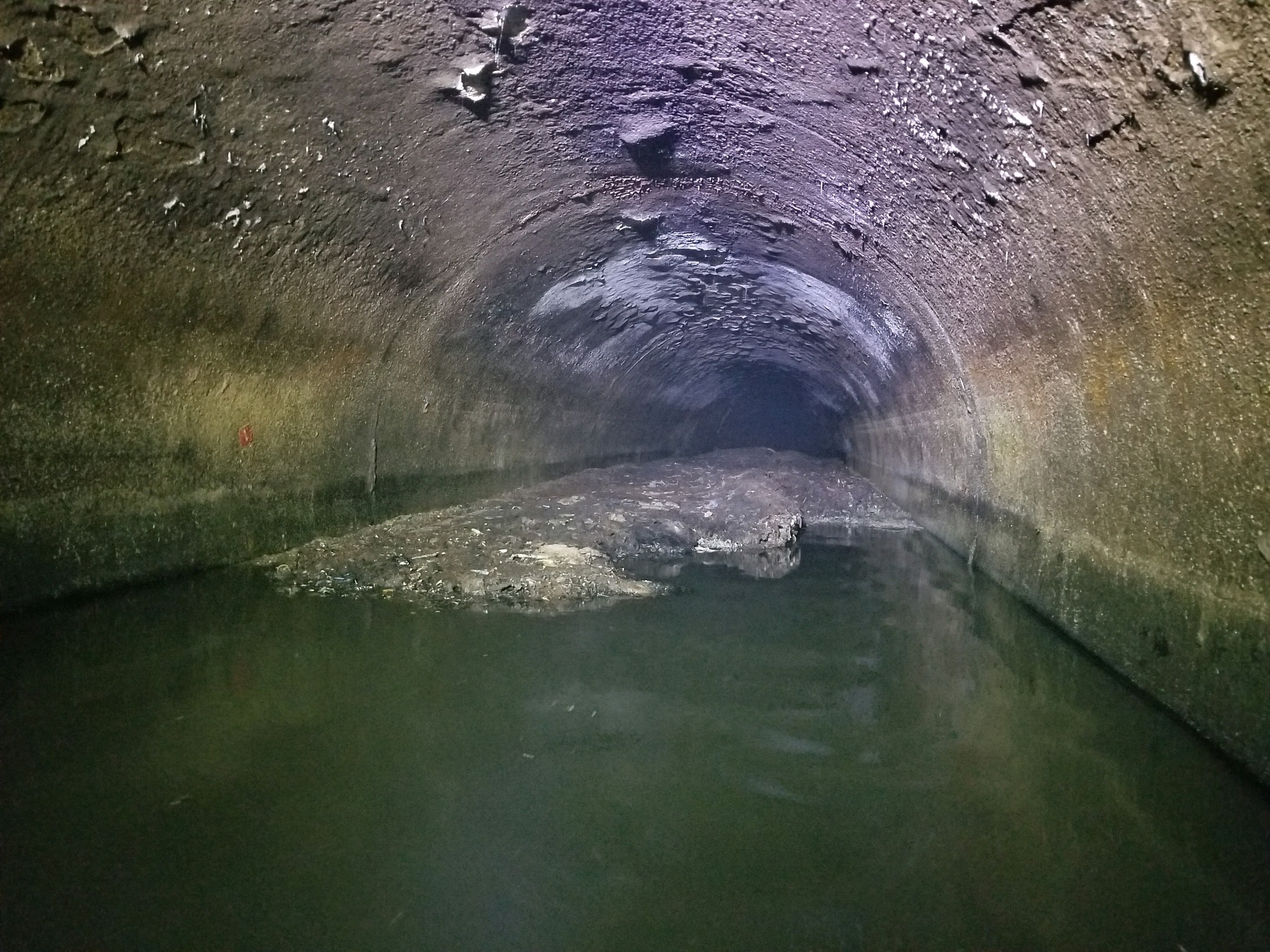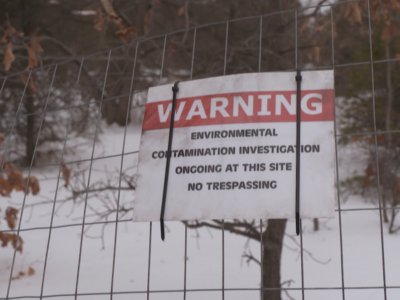
When things that shouldn’t be flushed down the toilet or dumped down drains are anyway, they can form fatbergs.
Yes, fatbergs: large lumps of fat, oil and grease that combine with other items in the sewer like wipes and paper towels.
They collect and combine. They grow. They congeal in pipes. Eventually they can form massive lumps that block the flow of the rest of our sewage and can force backups into our homes and businesses, and even into waterways like rivers and lakes. The cost to municipalities to extricate the fatbergs is not inconsequential either.
Watch Great Lakes Now’s segment on fatbergs to learn more.
API key not valid. Please pass a valid API key.The fatbergs that have gained the most attention are the ones that create the most trouble, such as the 286,601-pound and 820-foot-long Whitechapel Fatberg in London. But fatbergs grow in small and mid-sized towns as well.
Each fatberg is a little bit different, reflecting the population that created it or the environment it formed in.
Here in this Great Lakes Now quiz, you can determine which fatberg you are most like by answering five simple questions:
Featured image: Clinton Township, Michigan, Fatberg. Photo courtesy of Doetsch Environmental Services.
1 Comment
-
I’m not sure if what I Sherrod previously even went through. I was impressed with the information I saw on PBS tonight, February 20th, 21, checking place in Macomb County relating to the fatbergs. Presently I am right now trying to consider how to get a preliminary patents as well as get onto Edison Nation with my idea which I know is absolutely a perfect solution to the problem! If I could only find somebody to assist me and getting this out there as soon as possible it would be the ultimate solution to this problem as well as other human problems relating to the same issue. I gave my email address if anybody wants to contact me, please feel free to do so.




